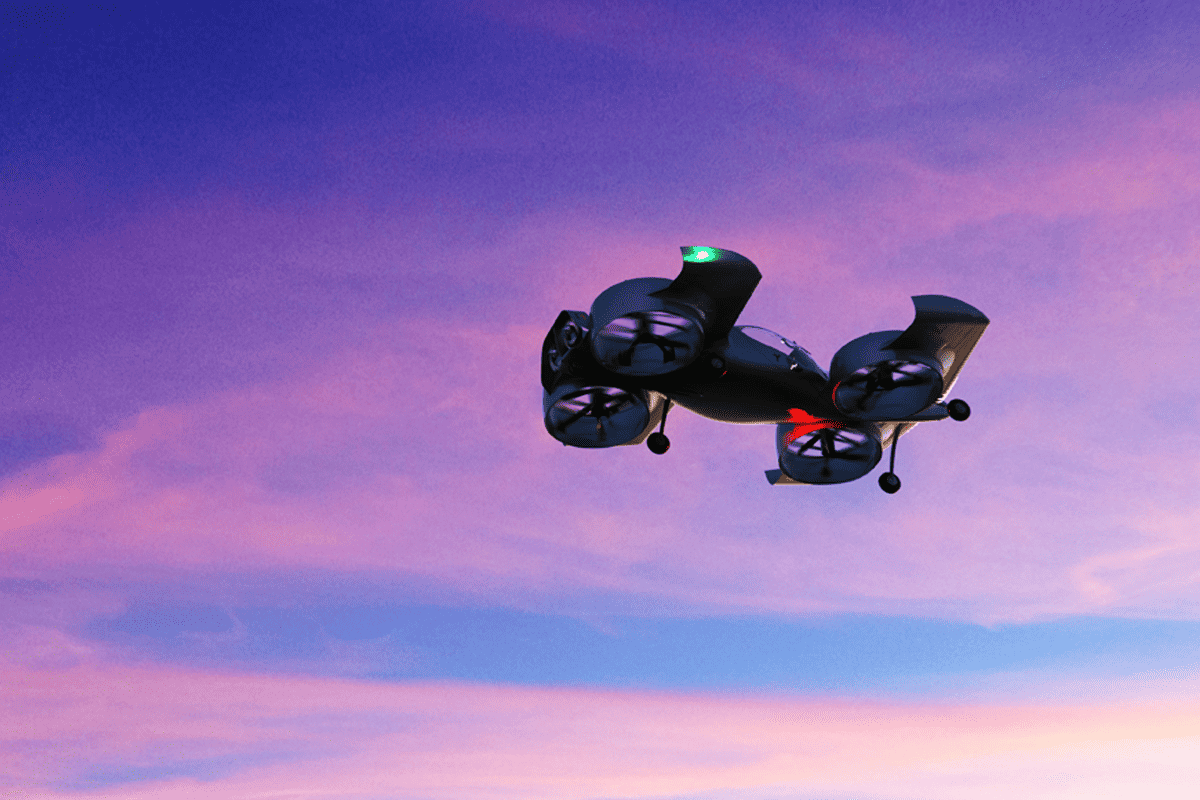Florida-based manufacturer gets FAA approval for flying car

FORT LAUDERDALE, Fla. – Alef and Doroni Aerospace are two flying car manufacturers that have received approval from the Federal Aviation Administration, also known as the FAA, to move forward with plans to release their products in U.S. markets.
A spokesperson from each company told Florida’s Voice that their approvals authorize a “special airworthiness certificate” to operate spacecraft in U.S. airspace. It also comes with regulations and limitations on the research and development of the products.
“Alef Model A is already available for pre-orders and Alef already received more pre-orders, with deposits, this year than Boeing, Airbus, Joby, [and] Archer combined,” Alef’s spokesperson said.
Their product may be pre-ordered on the company’s website with a deposit of $150 to be entered into the general queue and $1,500 for the priority queue. The flying car is expected to cost $299,999.
Doroni, a company based in Fort Lauderdale, reported that they have 370 pre-order sales. The spokesperson said that the business plans to sell their product, the H1 eVTOL, for around $300,000 when it first hits the market.
Both companies reported that they expect the first models of their products, both fully electric, to be ready for distribution to their customers by 2025.
Alef’s spokesperson explained the many benefits that the product will have in Florida markets, emphasizing hurricane evacuations, traffic congestion and water obstacles.
“It’s often an issue that roads are jammed before and during the hurricanes in Florida and the only way to escape is by a combination of driving and flying,” it said.
Alef’s spokesperson also added how Florida’s various bodies of water, such as lakes, rivers and swamps, can make it very expensive to constantly build and update infrastructure. Flying vehicles would provide “direct and efficient means” of traveling over these areas.
“Florida’s coastal cities, such as Miami and Tampa, often face traffic congestion due to limited road space and population density. Flying cars could provide an alternative transportation option for commuters looking to avoid congested highways,” the company said.
“Florida’s highway system ranks 41st in the nation in terms of performance and cost-effectiveness, according to a report by the Reason Foundation,” the spokesperson added. “Flying cars can provide budget and commute time relief to Floridians.”
Alef said they are still working through legal obstacles to allow for individuals to purchase and operate the flying cars without needing any additional permits or licenses.
They added that although it is “easy” to make self-controlled aircraft, “legally it is impossible” to certify in the United States.
“One of the [advantages] of Alef is that we can fit into existing legal infrastructure in [the] U.S. and even more easily outside [the] U.S. today. But it comes with limitations,” they said.
“In order to accommodate millions of flying cars more laws will need be created, but I don’t think we’re close to millions of flying cars yet.”



